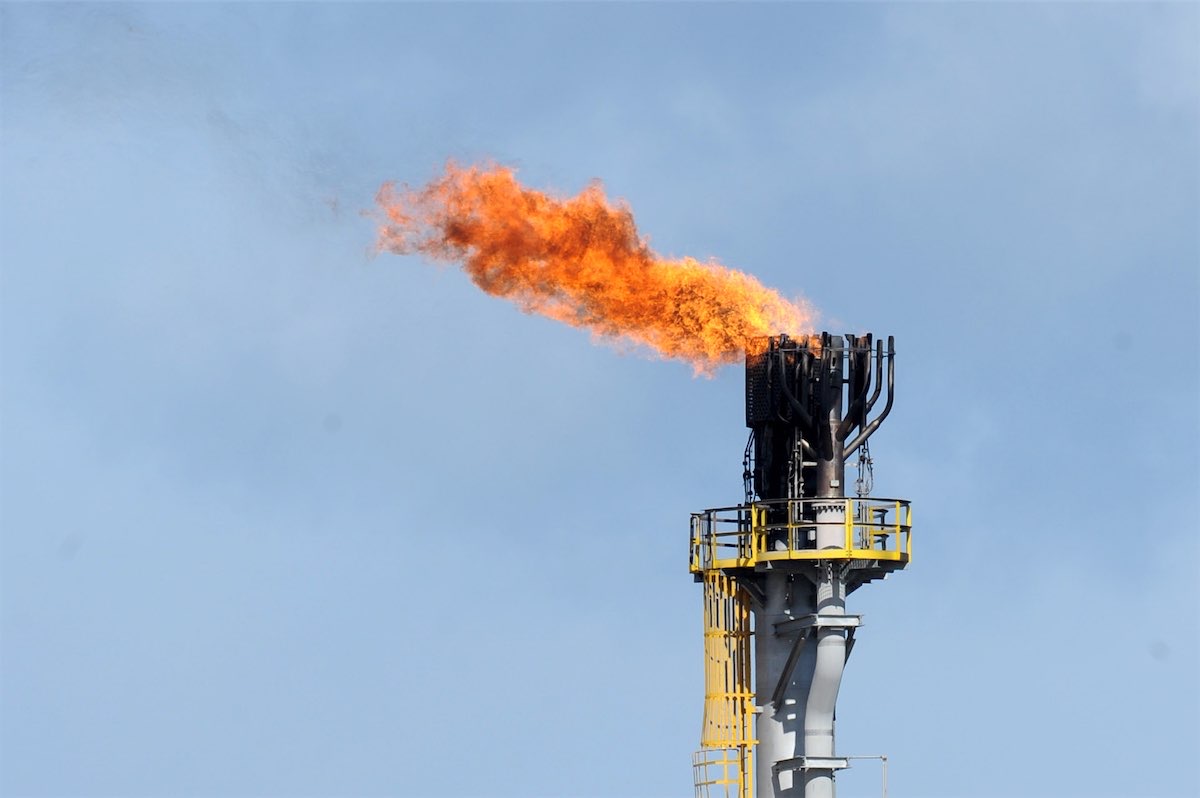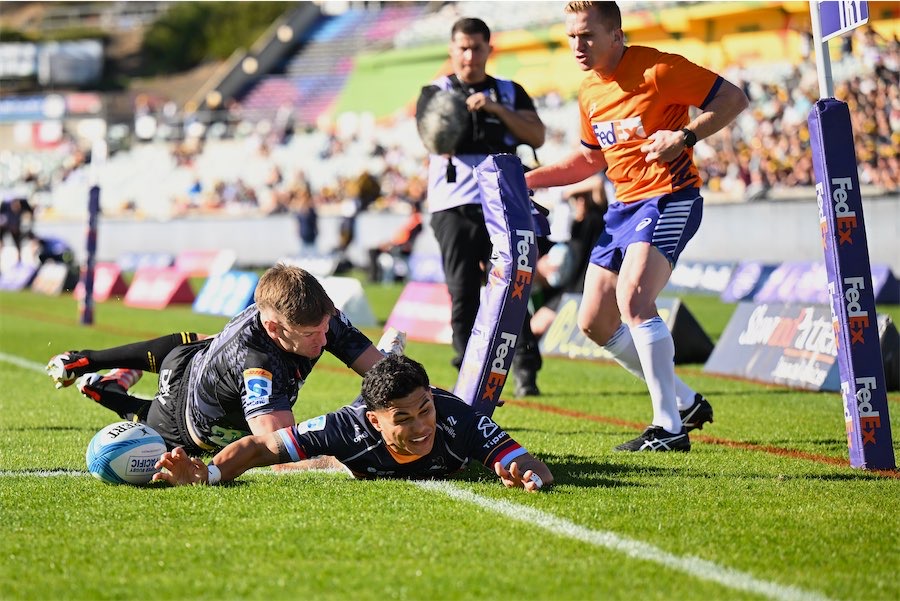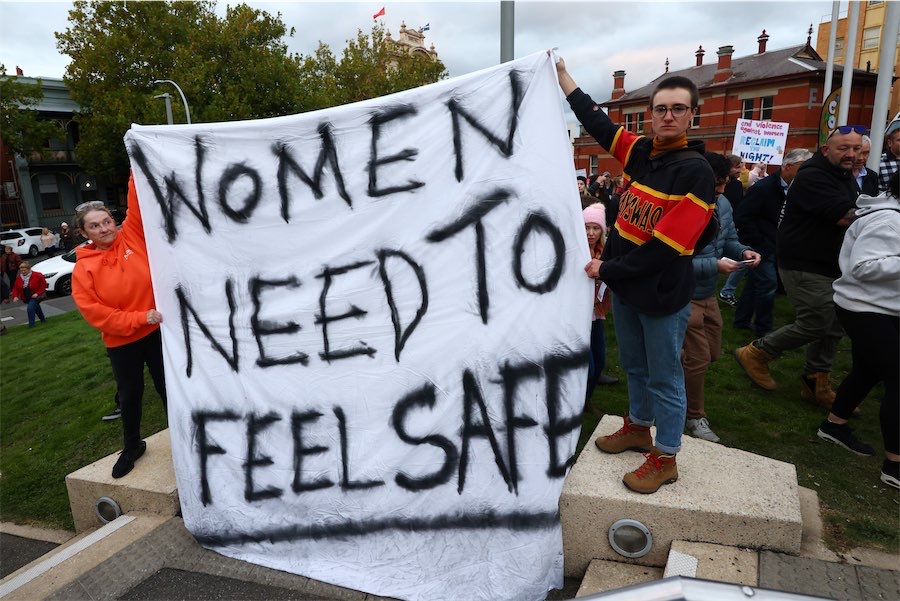
By Andrew Brown in Canberra
CONTROLS on gas prices will be extended to mid-2025 in an attempt to take the sting out of energy bills for cash-strapped households and businesses.
The temporary wholesale price cap of $12 per gigajoule will be extended by 18 months to July 1, 2025 and a proposed code of conduct will lock in a provision for reasonable pricing.
Energy Minister Chris Bowen said the measures will ensure high gas costs do not return for consumers when the federal government’s market intervention ends.
“There will still be price rises, but nowhere near as big as it would have been,” he said.
The emergency market intervention came into effect in December after average gas prices had almost tripled since 2019 amid supply shortfalls and war in Ukraine.
Treasurer Jim Chalmers said the new gas code of conduct would ensure sufficient supply of Australian gas for Australian users at reasonable prices and give producers the certainty they need to invest in supply.
It would also ensure Australia remained a reliable trading partner by allowing liquefied natural gas producers to meet export commitments, Dr Chalmers said.
Coupled with a cap on coal costs for power generators, gas price caps under the federal energy price relief plan had nearly halved wholesale energy prices, he said.
Mr Bowen said almost all (97 per cent) of gas was produced and sold below the $12 price cap before Russia’s invasion of Ukraine sent prices soaring.
“Clearly gas companies can be very profitable at that level,” he said.
But higher wholesale gas prices continue to stoke cost-of-living pressures across Australia, with more gas-powered electricity covering outages at coal-fired power plants.
Gas and other household fuels (up 14.3 per cent) were one of the biggest contributors to the March quarter Consumer Price Index.
The data released on Wednesday showed increases in all capital cities, with the strongest rise in Melbourne (up 22.7 per cent).
The industry’s Australian Pipelines and Gas Association said the proposed mandatory code of conduct would not do enough to fix underlying supply issues.
“Gas-fired generation will be vitally important to ensure the ongoing security of the national electricity market as coal-fired generation exits and more intermittent renewables come online,” association chief executive Steve Davies said.
He said the prioritisation of the domestic gas market was welcome but more detail was needed.
During a visit to NSW’s closing Liddell coal-fired power station, Mr Bowen said the delayed Kurri Kurri gas plant was on track to come online in 2024.
Owner Snowy Hydro had intended the Kurri Kurri plant in the Hunter to fill the demand gap following the retirement of AGL Energy’s Liddell that supplied up to 13 per cent of NSW’s electricity needs.
Under the proposed industry code, small gas producers would be exempt from the price controls if they supply only the domestic market.
Larger producers may also exceed the cap if they promise to maintain a certain amount of supply.
Consultation on the proposed code closes on May 12.
Who can be trusted?
In a world of spin and confusion, there’s never been a more important time to support independent journalism in Canberra.
If you trust our work online and want to enforce the power of independent voices, I invite you to make a small contribution.
Every dollar of support is invested back into our journalism to help keep citynews.com.au strong and free.
Thank you,
Ian Meikle, editor





Leave a Reply